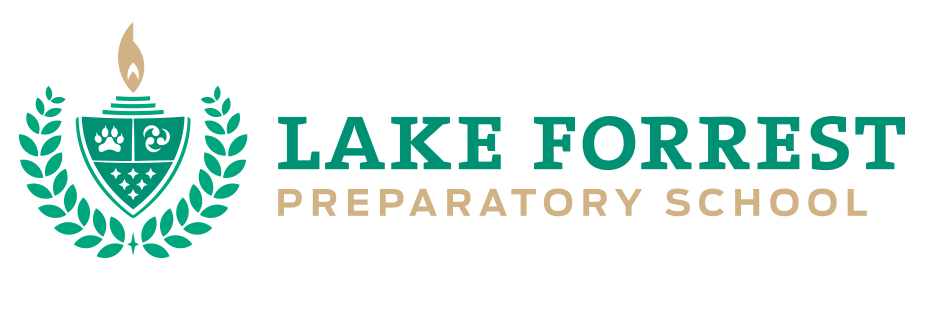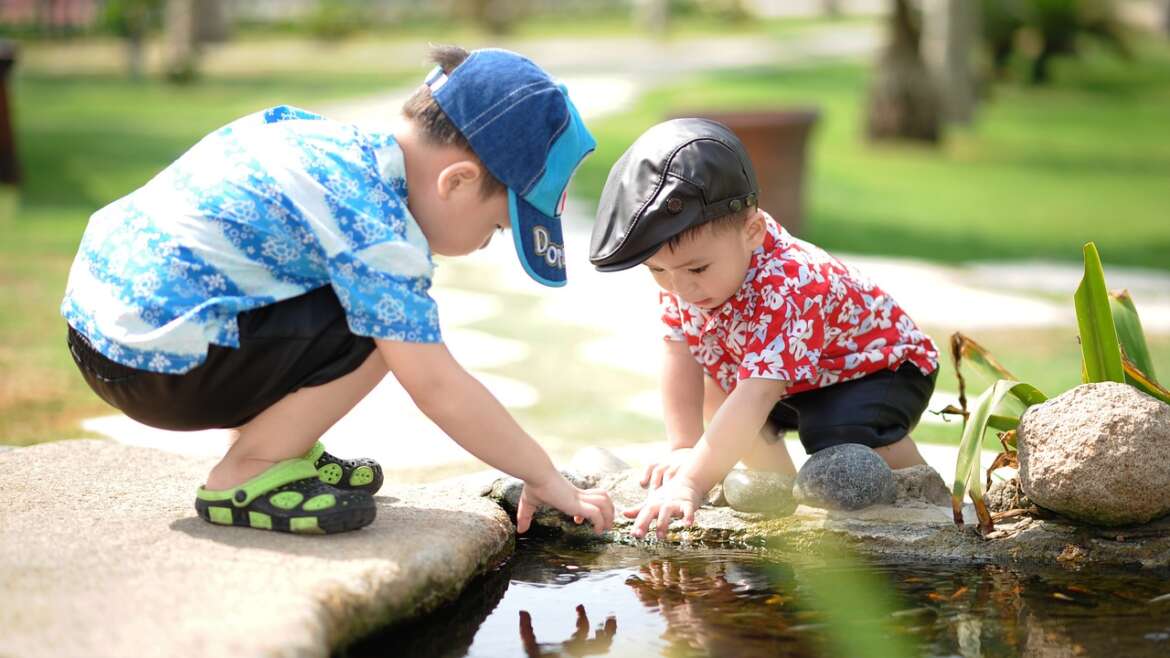Teaching young students how to respect others is a fundamental aspect of their overall development. Respect is a cornerstone of positive relationships, and fostering this value early on can set the stage for a lifetime of healthy interactions. At Lake Forrest Prep, we believe in the importance of instilling respect in our students from a young age, ensuring they grow into empathetic and considerate individuals.
Why is Teaching Respect Important?
Respect is about understanding and valuing others’ feelings, rights, and traditions. It goes beyond simple politeness and involves recognizing the worth of every individual. Teaching respect helps children develop empathy, build strong relationships, and create a positive environment both in school and in their broader communities. Respectful children are more likely to become respectful adults, contributing to a more harmonious society.
Strategies for Teaching Respect
Model Respectful Behavior
Children learn by observing the adults around them. Parents, please model respectful behavior in your interactions with others. This includes using polite language, listening attentively, and showing consideration for different perspectives. When children see respect in action, they are more likely to mimic that behavior.
Set Clear Expectations
Clearly communicate what respectful behavior looks like. At Lake Forrest Prep, we establish guidelines for how students should treat their peers, teachers, and school property. By setting clear expectations, children understand the importance of respect and what is required of them.
Encourage Empathy
Empathy is a key component of respect. Encourage your child to consider how their actions and words affect others. Activities like role-playing and reading stories that highlight different emotions and perspectives can help children develop empathy. Discussing these stories and asking children how they would feel in similar situations can deepen their understanding of respect.
Teach Active Listening
Active listening is an essential skill for showing respect. Show students the signs of active listening: making eye contact when others are talking, nodding, asking questions when someone is done speaking, and waiting for their turn to talk. Reinforcing these skills in classroom activities and discussions helps children appreciate the value of listening and understanding others.
Celebrate Diversity
Promote an appreciation for diversity at home! Lake Forrest Prep proudly celebrates diversity in the classroom. This can look like learning about different cultures, traditions, and viewpoints. This not only teaches respect for others but also broadens students’ horizons and fosters an inclusive environment. Activities such as cultural presentations, international days, and diverse literature can be effective tools for this purpose. And these opportunities are abound in Central Florida! Check out places like the local public library or downtown festivals to experience diversity firsthand.
Address Disrespectful Behavior
When disrespectful behavior occurs, address it immediately and constructively. Explain why the behavior was inappropriate and discuss how it affects others. Encourage your child to apologize and make amends. Consistent consequences for disrespectful behavior help reinforce the importance of respect.
Promote Teamwork
Group activities and cooperative learning can teach children how to work respectfully with others. Encourage teamwork through projects that require collaboration, communication, and mutual support. Praise respectful interactions and teamwork, highlighting how respect contributes to success.
At Lake Forrest Prep, we are committed to fostering a culture of respect where every student feels valued and heard. These efforts create a healthy classroom environment and also equip students with the social tools they need for future success! After all, respect is not just a lesson for the classroom—it’s a lesson for life.


